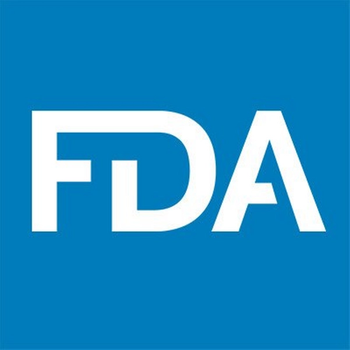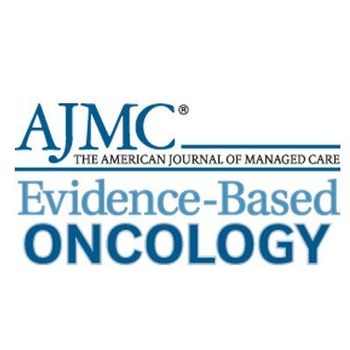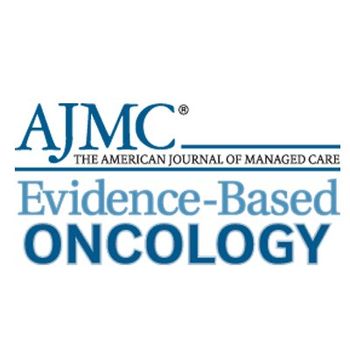
Break Through Cancer, a collaborative research effort between 5 top US academic cancer centers, aims to pursue solutions to some of the most difficult challenges in cancer research.

Rose is an editorial director at The American Journal of Managed Care® (AJMC®).
She has a BA in journalism & media studies and Spanish from Rutgers University. You can connect with Rose on LinkedIn.

Break Through Cancer, a collaborative research effort between 5 top US academic cancer centers, aims to pursue solutions to some of the most difficult challenges in cancer research.

Loading chimeric antigen receptor (CAR) T-cells with the oncolytic virus pelareorep improved their efficacy in solid tumor mouse models in a preclinical study presented at the CAR-TCR Summit Europe 2021.

Pivotal cancer clinical trial data may lack generalizability in older adults with Medicare, a study published online today in JAMA Network Open found.

The PD-1 inhibitor cemiplimab-rwlc, sold as Libtayo, was FDA approved as a monotherapy for patients with first-line advanced non–small cell lung cancer (NSCLC) with PD-L1 expression of at least 50%.

Patent foramen ovale (PFO) may be associated with migraine, especially migraine with aura (MA), when the PFO is permanent right-left shunt (RLS), large RLS, and large-size PFO, a recent study found.

Rates of central retinal artery occlusion (CRAO), which is associated with and shares common risk factors with cardiovascular diseases, have decreased over time in Korea, a recent cohort study of 50 million residents found.

ACCC president Randall Oyer, MD, gives insight into the ongoing collaboration between the ACCC and ASCO to foster minority participation in cancer clinical trials.

The new indication for osimertinib (Tagrisso) marks the first FDA approval of an adjuvant treatment for non–small cell lung cancer (NSCLC) with EGFR exon 19 deletions or exon 21 L858R mutations.

A recent study investigated what makes some non-small cell lung cancer patients with a type of human leukocyte antigen (HLA) called B44 are more likely than others to respond to immunotherapy.

Researchers from the Children’s Medical Center Research Institute at the University of Texas Southwestern discovered a potential treatment for patients with non–small cell lung cancer (NSCLC) who have KRAS and LKB1 mutations.

Sustained minimal residual disease (MRD) negativity may predict long-term outcomes in relapsed/refractory multiple myeloma (RRMM), and daratumumab-based combinations show higher rates of sustained MRD negativity compared with the standard of care.

Deferred low-dose computed tomography lung cancer screening during the coronavirus disease 2019 (COVID-19) pandemic has worsened outcomes for patients with lung cancer, a new study found.

The newly approved expanded label includes data from the final analysis of the phase 3 iNNOVATE study of ibrutinib plus rituximab vs rituximab alone.

Genentech's tiragolumab, a novel immunotherapy for non-small cell lung cancer with PD-L1 expression, is the first anti-TIGIT therapy to be granted Breakthrough Therapy Designation.



Carfilzomib-dexamethasone improved renal overall and complete response in patients with relapsed or refractory multiple myeloma (RRMM) compared with a regimen of bortezomib-dexamethasone in a real-world study.

A new study assessed the genomic alterations identified by ctDNA analysis compared with tissue-based comprehensive genomic profiling in patients with metastatic castration-resistant prostate cancer.

Bayer and Orion corporation today announced the upcoming expansion of the global clinical development program for darolutamide (Nubeqa), an oral androgen receptor inhibitor for patients with prostate cancer.

Results from the phase 3 PRECISE trial showed that MRI with targeted biopsies matched or exceeded the accuracy of the current standard for detecting clinically significant prostate cancer.


Tepmetko (tepotinib) was FDA approved for the treatment of adult patients with metastatic non-small cell lung cancer with mesenchymal-epithelial transition (MET) exon 14 skipping alterations.

Shortening a traditional 45-day course of radiation therapy to 5 days of stereotactic body radiotherapy for patients with advanced, high-risk prostate cancer is safe and effective, a study from UCLA Jonsson Comprehensive Cancer Center found.



Recently published results show that adding a limited course of chemotherapy to nivolumab plus ipilimumab in the first-line setting for non-small cell lung cancer is effective and tolerable.

A recent study from the University of Texas MD Anderson Cancer Center found that men with localized prostate cancer on active surveillance might benefit from following a Mediterranean-style diet.

Magnetic resonance imaging (MRI) is often used in the diagnosis and management of prostate cancer, but the method frequently underestimates tumor size, a study in the Journal of Urology shows.

Anthony Fauci gave his insight on the coronavirus disease 2019 (COVID-19) for immunocompromised populations at ASH 2020, and leading organizations released fact sheets and recommendations.

Certain elderly women with ovarian cancer might benefit from aggressive treatment methods, a study recently published in Annals of Surgical Oncology found.

259 Prospect Plains Rd, Bldg H
Cranbury, NJ 08512
© 2025 MJH Life Sciences®
All rights reserved.
